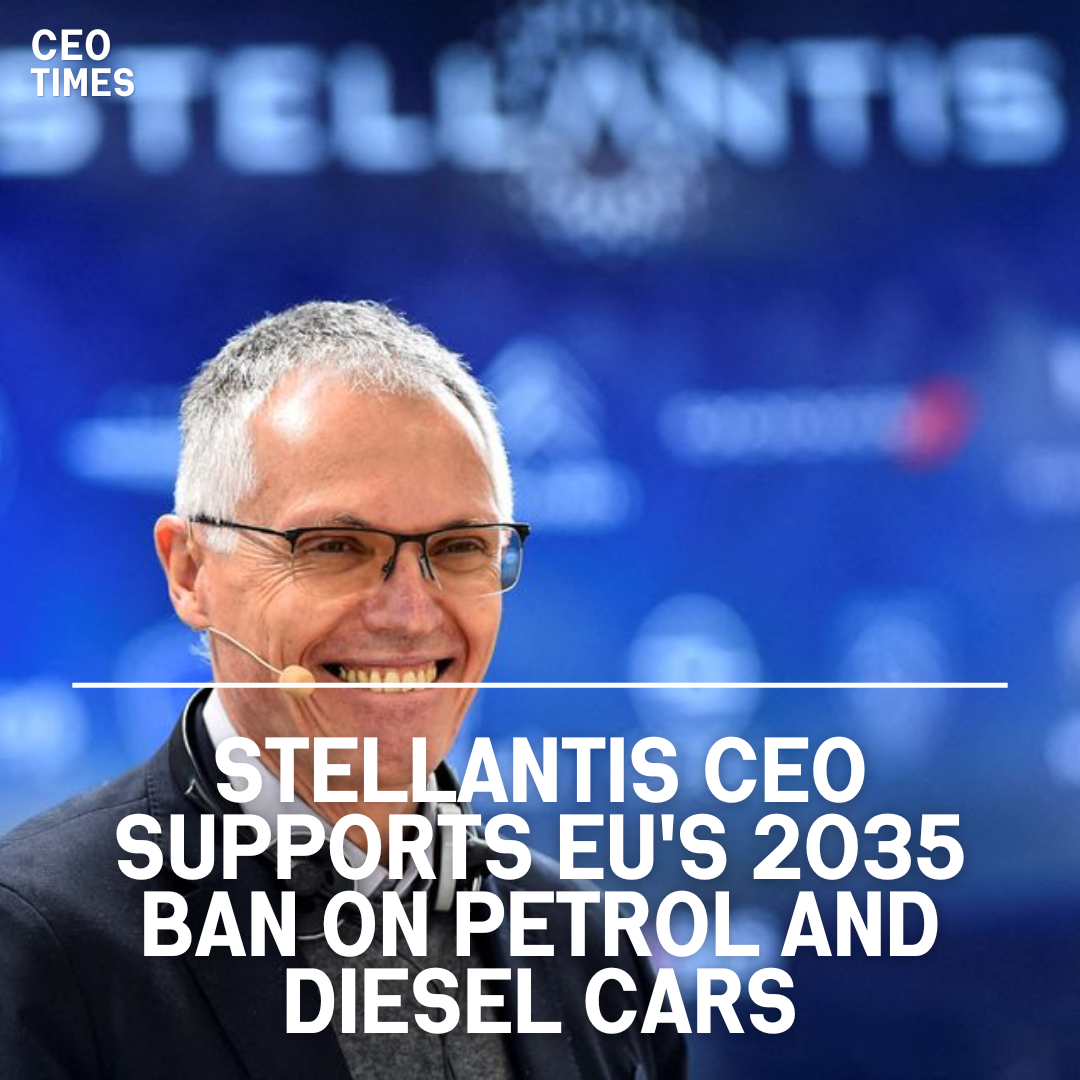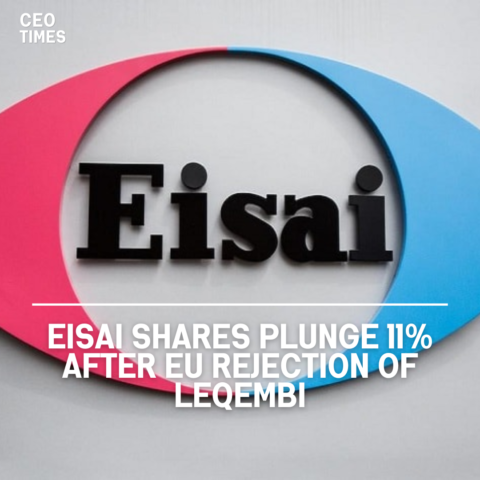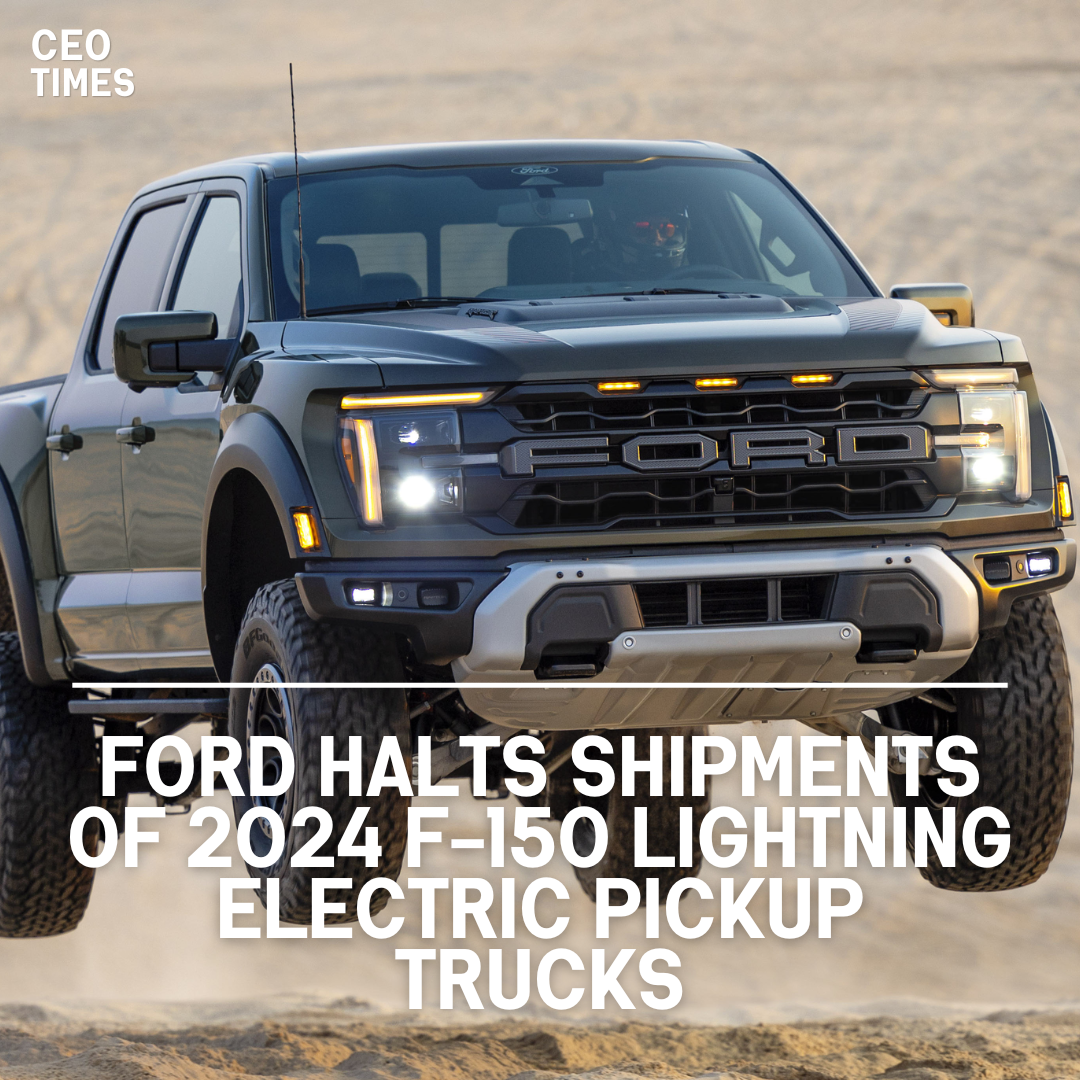In an interview with German media outlet Welt published on Saturday, Stellantis CEO Carlos Tavares affirmed the company’s commitment to adhering to the European Union’s ambitious goal of effectively prohibiting the sale of new petrol and diesel cars by 2035.
Endorsement of EU’s Emission Reduction Target:
Tavares expressed his support for the EU’s directive, emphasizing his alignment to ban combustion engines by 2035 as a crucial step in addressing climate change.
While advocating for the ban, Tavares underscored the importance of adopting a pragmatic approach to facilitate the transition.
He cautioned against dogmatism, emphasizing the need to navigate the shift in a cost-effective and environmentally efficient manner for taxpayers.
Role of Subsidies in Transition:
Acknowledging the current expense of transitioning to zero-emission vehicles, Tavares highlighted the necessity of subsidies to support carmakers in achieving the emission reduction targets.
He emphasized the continued need for financial incentives to make the transition viable in the face of technological and economic challenges.
Also Read: Ford Halts Shipments of 2024 F-150 Lightning Electric Pickup Trucks
Regulatory Landscape and Industry Response:
The EU’s landmark regulations, approved in February 2023, mandate eliminating CO2 emissions from new cars sold by 2035, effectively prohibiting the sale of fossil fuel-powered vehicles within the bloc.
Tavares’ endorsement reflects Stellantis’ commitment to aligning with evolving regulatory frameworks and embracing sustainable mobility solutions.
Anticipating Political Dynamics:
Tavares’ statements come amidst speculation regarding potential revisions or withdrawals of the ban, particularly in light of upcoming elections and potential shifts in the European Parliament’s composition.
Despite political developments, Stellantis remains steadfast in its commitment to supporting the EU’s emission reduction targets.
Collaborative Efforts for Sustainable Mobility:
Stellantis recognizes the importance of collaboration between policymakers, industry stakeholders, and other key actors to facilitate a successful transition to zero-emission transportation.
Tavares’ remarks underscore the company’s proactive stance in contributing to a more sustainable automotive industry and addressing the challenges of climate change.




















